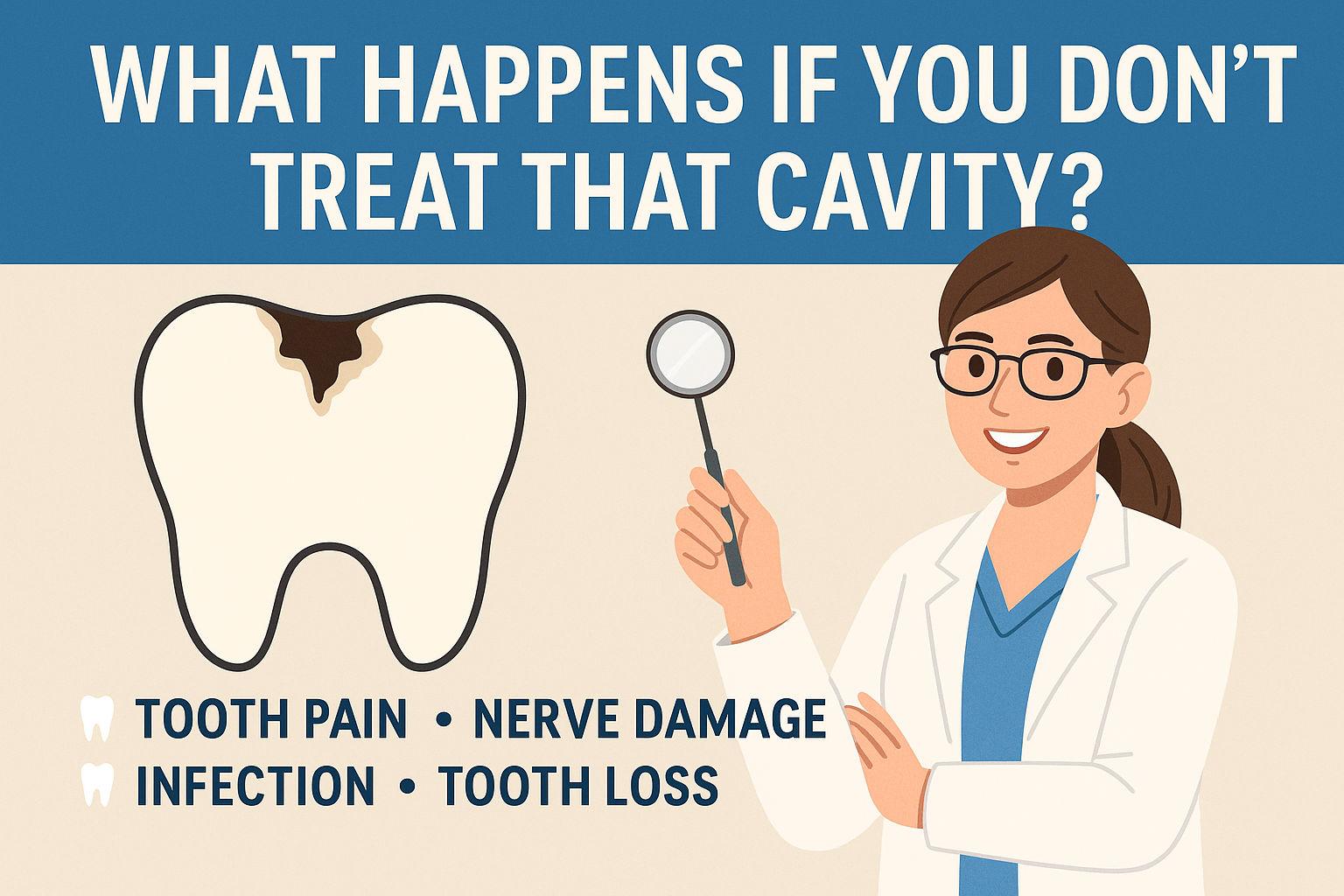Blog Highlights:
- Although rarely, medications like antiresorptive agents can cause ONJ in patients who go through invasive dental treatments
- It is not possible to determine who will develop ONJ and who will not
- The risk for ONJ increases in patients who have gone through procedures that affect the jaw bone or its surrounding tissues
- Patients who are taking antiresorptive agents for osteoporosis should try not to avoid getting dental treatments
- Patients are advised to see their physicians before stopping any medication
The decisions that your dentist makes can be influenced by the medications that you are currently taking. Letting your dentist know all about these medications is very important prior to getting a dental treatment.
Some of the medications that can have a huge impact on your oral health are known as antiresorptive agents. These medicines are used to help strengthen the bones. Unfortunately, they have been known to cause osteonecrosis of the jaw (ONJ), a rare but serious condition that can lead to significant jawbone damage.
Fosamax, Didronel, Atelvia, Boniva, and Actonel are some of the widely used antiresorptive agents which are taken orally in order to help treat or prevent osteoporosis. They can also be used to treat Paget’s disease of the bone, a condition that is associated with the abnormal bone destruction and regrowth, leading to deformities. Resorptive agents such as Prolia, Reclast, and Boniva IV on the other hand, are given through skin injections. These medications are also given in higher and more frequent doses to cancer patients in order to help reduce bone pain, and to lessen hypercalcemia of malignancy, or the abnormal increase of calcium levels in the blood which is typically associated with metastatic breast cancer, multiple myelomas, as well as prostate cancer.
How do antiresorptive medications affect dental treatment options?
Even though osteonecrosis rarely occurs, its risk increases in patients who have gone through procedures that affect the jaw bone or its surrounding tissues. This is why it is very important for patients to tell their dentist if they are taking these medications before getting their tooth pulled or before getting other dental treatments. This will allow their dentists to take this information into account as he or she makes a plan for your own treatment.
Even with our current advancements in medicine, it is still impossible to determine who will develop osteonecrosis and who will not. But as much as 90 percent of the people who have ONJ are patients who have cancer, and who have been getting frequent high doses of antiresorptive agents through an infusion. As for the remaining 10 percent, they are patients who have received lower doses for the treatment of osteoporosis. Many medical professionals highly recommend that patients who are scheduled to go through osteoporosis treatments with the use of antiresorptive agents must see their dentist before or shortly after their treatments. This can allow dentists to provide them with the best treatment options, and this can also allow patients to possibly avoid ONJ.
Regular visits must be continued
Patients who are taking antiresorptive agents for osteoporosis should try not to avoid getting dental treatments. This is because their risk of having ONJ is very low. This is also because of the fact that having untreated dental problems can trigger serious complications. As a matter of fact, it can develop into diseases that affect the jaw bone and other associated tissues, increasing their chances of needing more invasive treatments.
People who are taking antiresorptive agents for cancer treatments, on the other hand, should avoid invasive dental treatments if possible. It would be best if they get a dental examination before getting therapy so that any dental problems would be treated beforehand. You should let your dentist know that you are going to start therapy with these medications and you should also likewise let your physician know if you recently have had a dental treatment before starting your therapy.
Never stop taking medications without your physician’s consent
Patients are not advised to stop taking osteoporosis medications on their own. This is because the incidence of having osteonecrosis is very low while the risk of having fractures and bone weakness is very high.
Patients are advised to see their physicians before stopping any medication.
Symptoms of ONJ can include the following:
- Having an exposed bone
- A feeling of heaviness in the jaw
- Numbness on the jaw
- Tooth loss
- Gums that do not heal properly after injury or after getting dental treatments
- Infections of the gums or jaw
- Pain or swelling of the gums or jaw
Should you experience any of the following symptoms after getting dental treatments while taking antiresorptive agents, you should contact your dentist, oncologist, or general physician immediately.









